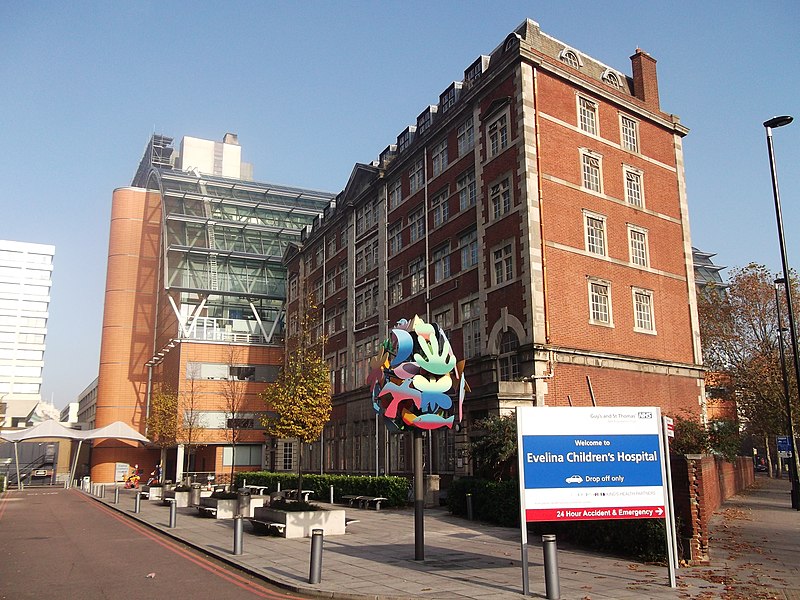The average fertility rate for the UK family have fallen by 26.9% in the last 15 years, according to data from Fertility Family.
Data shows Richmond upon Thames has the fastest declining birth rate in London and up to 2025 it has reduced by 41.57% compared to Lambeth, which has decreased by 32.35%.
These figures are worrying to some, and the UN recently stated world fertility rates are in an “unprecedented decline”, warning hundreds of millions of people cannot have children.

Midwife Jessica Bulley said: “We are seeing an ageing population now where women are waiting to have children and are encountering more problems with conceiving.
“Fertility treatments take a long time on the NHS.
“You have to try for 12 months before your GP will start to do investigations, and then you do your round of IVF, but once you hit 40, you’re taken off the waiting list.”
However, other factors may be causing London’s drop in birth rates, with the Office for National Statistics (ONS) suggesting it could be a generational issue.
More than half of young women in 2023 attended university and tt the age of 24, more than seven out of 10 women were in employment.
ONS data suggests women now have access to education and career opportunities their ancestors, whose role was primarily to be a caregiver and childbearer, did not.
A new report published by UCL Centre for Longitudinal Studies also showed financial pressure and career considerations played a big role in deciding whether to have a baby.

Data from Fertility Family
Bulley said: “Comorbidities are also a leading factor today in why fertility rates are falling.
“Over my career, I have seen an increase in comorbidities from diabetes, endometriosis, smoking, which contribute to outcomes, miscarriages, and a woman’s fertility levels.”
With women not deciding to have babies until later in life and over 60% of couples delaying becoming parents due to financial instability, there has been a continuous increase in the declining birth rate, not just in London but in the rest of the UK.
The data is showing this may continue into 2026.
Feature image: Geograph.org.uk





